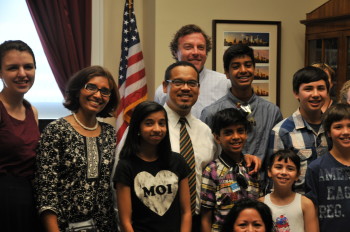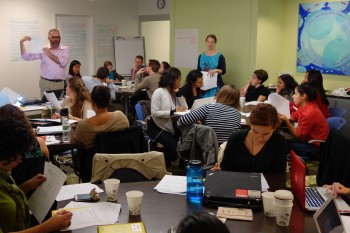Selected Projects Include
-
 Photo courtesy of Dean Hochman via CC licensing.
Photo courtesy of Dean Hochman via CC licensing. -
Tech Know Build
The TechKnowBuild project was a partnership between the Crawfordsville Community Schools and Indianapolis Public Schools that provided “one to one” laptop computers and wireless Internet access to 2,500 middle school students and approximately 100 teachers, combining ubiquitous computing and problem-based learning. As the external evaluator, REA assessed impacts on teachers and students through suveys and secondary data analyses. During the final year, student achievement was measured by standardized test scores and writing prompts. Almost all teachers incorporated internet research and exploration, one of the most popular and regular use of laptops, and generally found problem-based learning to be an effective way to meet their academic content standards. REA found that problem-based learning activities increased students’ engagement in school, and gave students a sense of ownership for the topics they researched and a deeper awareness of community issues and their roles as citizens.
-
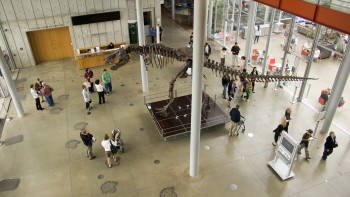 Photo courtesy of spacedust2019 via CC licensing.
Photo courtesy of spacedust2019 via CC licensing. -
Star Schools
Rockman et al conducted a three-year study of the impact of the online, Supplementary Education Services (SES) provided by Educate Online, Inc. (EO), funded by the Star Schools Program of the U.S. Department of Education. The evaluation activities under the grant measured the effectiveness of Catapult Online, a real-time, one-on-one tutoring service designed to address the needs of underserved rural, middle and high school students. The formative and summative evaluations examined online student assessment instruments, content, delivery mechanism, and the enhanced parental communication via mobile technology. REA also conducted a five-year evaluation of critical issues associated with the delivery of SES via online technologies in rural and urban areas. Among these issues were strategies for motivating and engaging middle and high schools students in remedial and supplemental programs, serving the needs of students with limited English proficiency, the impact of evolving technology platforms on the delivery of instructional programs, and emerging online assessments.
-
Soundvision
REA has provided formative evaluation for Burn: An Energy Journal, a 3-part, public radio documentary from the award-winning SoundVision Productions, and is currently conducting the summative evaluation. Hosted by Alex Chadwick, the NSF-funded programs and web resources explore the impact of energy issues on our society.
-
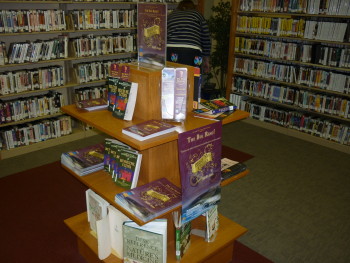 Photo courtesy of mysapl via CC licensing.
Photo courtesy of mysapl via CC licensing. -
Microsoft Anytime Anywhere Learning
Rockman et al conducted a three-year study of the introduction of “one to one” laptop computing in U.S. public and independent schools (1996-1999), reporting on types of implementation, classroom and home laptop use, and changes in pedagogy and teacher and student attitudes. The study was funded by Microsoft and Toshiba.
-
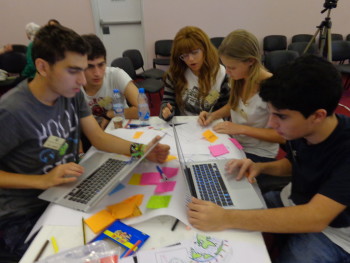 Photo courtesy of Julie Lindsay via CC licensing.
Photo courtesy of Julie Lindsay via CC licensing.
